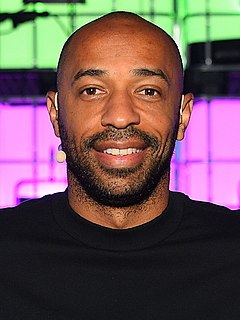A Quote by Jo Nesbo
Let me say here and now that faith has never done me any good, only doubt. So that is what has become my testament.
Related Quotes
Relationships are mysterious. We doubt the positive qualities in others, seldom the negative. You will say to your partner: do you really love me? Are you sure you love me? You will ask this a dozen times and drive the person nuts. But you never ask: are you really mad at me? Are you sure you’re angry? When someone is angry, you don’t doubt it for a moment. Yet the reverse should be true. We should doubt the negative in life, and have faith in the positive.
Take faith, for example. For many people in our world, the opposite of faith is doubt. The goal, then, within this understanding, is to eliminate doubt. But faith and doubt aren't opposites. Doubt is often a sign that your faith has a pulse, that it's alive and well and exploring and searching. Faith and doubt aren't opposites, they are, it turns out, excellent dance partners.
Out of the element of participation follows the certainty of faith; out of the element of separation follows the doubt in faith. And each is essential for the nature of faith. Sometimes certainty conquers doubt, but it cannot eliminate doubt. The conquered of today may become the conqueror of tomorrow. Sometimes doubt conquers faith, but it still contains faith. Otherwise it would be indifference.
I bobbed and weaved through my career. And in hindsight, though I'd like to say it was a plan - it was not - the bobbing and the weaving gave me a broad base from which to become an executive who could say, 'OK, I've done this, and I've done this, and I've done this.' And nobody could BS me, because I'd done most of it.
I have no doubt that faith is only pure when it does not negate the faith of another. I have no doubt that evil can be fought and that indifference is no option. I have no doubt that fanaticism is dangerous. And of all the books in the world on life, I have no doubt that the life of one person weighs more than them all.
What has happened to create this doubt is that a problem (such as a deep conflict or a bad experience) has been allowed to usurp God's place and become the controlling principle of life. Instead of viewing the problem from the vantage point of faith, the doubter views faith from the vantage point of the problem. Instead of faith sizing up the problem, the situation ends with the problem scaling down faith. The world of faith is upside down, and in the topsy-turvy reality of doubt, a problem has become god and God has become a problem.
As soon as we ask what faith is and what sort of mistreatment of faith causes doubt, we are led to the first major misconception about doubt-the idea that doubt is always wrong because it is the opposite of faith and the same thing as unbelief. What this error leads to is a view of faith that is unrealistic and a view of doubt that is unfair.

































